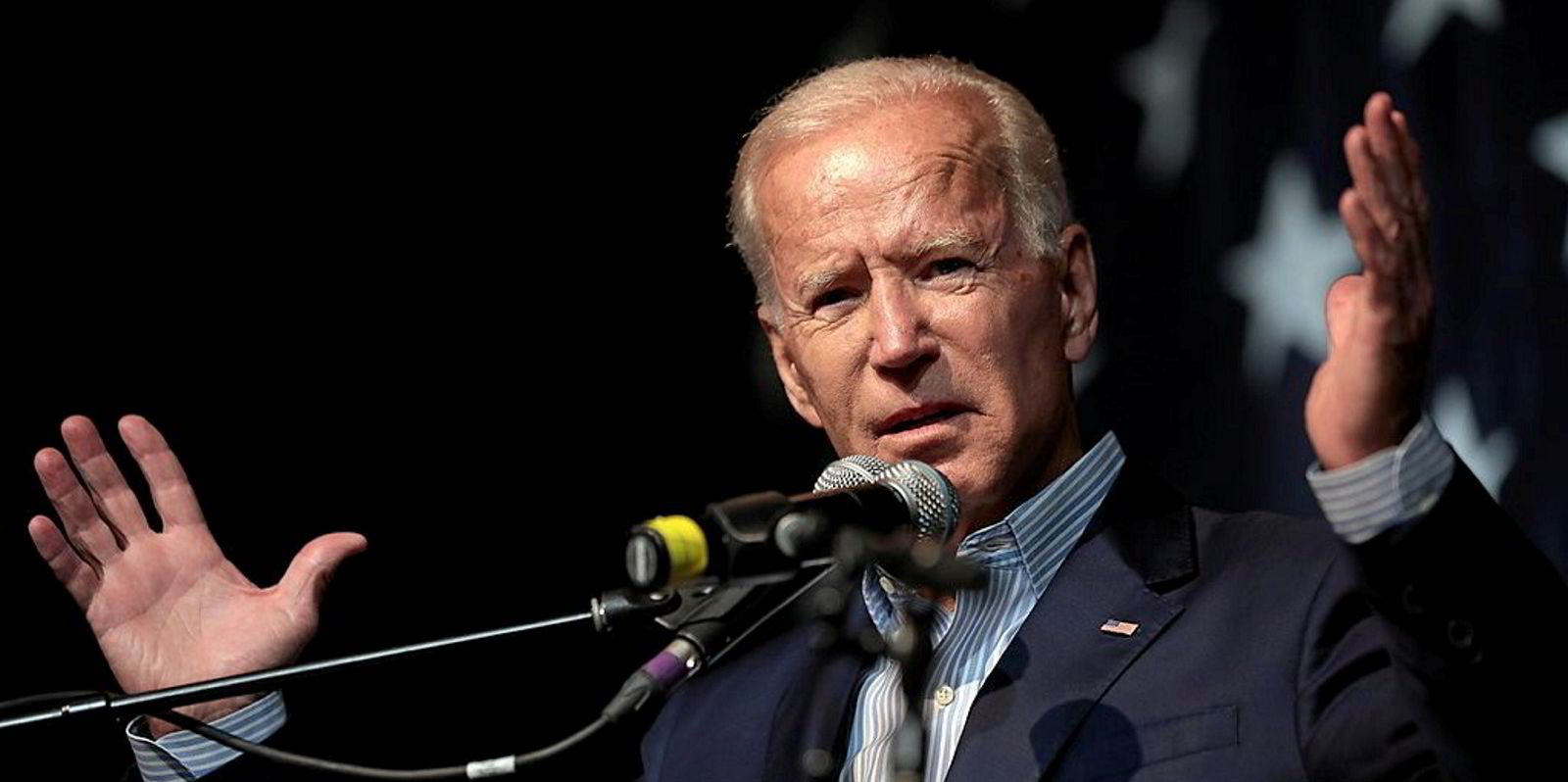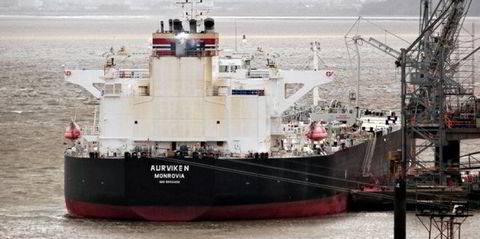Barry Rogliano Salles (BRS) thinks a Jones Act waiver for product tankers could be a way the US government looks to curb rising gasoline costs — while being good for domestic owners.
In its weekly note, the French shipbroker said that gasoline prices would skyrocket this summer as Americans start moving again following the Covid-19 pandemic, potentially spurring the White House to allow foreign-flagged ships into domestic trades and stimulating MR tanker demand.
“Although such waivers are usually issued in response to hurricane-related disposition to supply chains, this year we believe that waivers could be issued due to political pressure stemming from high prices which should exceed $6/gallon by mid-summer,” the note read.
“Even though waivers would not be welcomed by owners and operators of Jones Act compliant tonnage, analysis suggests that it would boost regional MR2 demand.”
BRS said if such waivers were issued, less US Gulf Coast gasoline would be shipped to Latin America and could have a positive impact on tonne miles as a voyage from Houston to New York is longer than one to Mexico.
As it stands, the broker said, there were just 48 Jones Act qualified MR2s.
The Jones Act is the law mandating cargo carried between points in the US be built, owned and flagged in the US and primarily crewed by Americans.
Biden has reiterated his support for the law several times, including signing an executive order saying his administration would prioritise buying US-made goods and transporting them on US-flagged vessels.
But he has also considered issuing waivers, once last summer when a cyberattack took down the Colonial Pipeline carrying energy from Texas to the northeast and once last month alongside the decision to release 1m barrels of oil per day for the next six months from strategic reserves.
In both cases, sources told TradeWinds there was enough Jones Act qualified tonnage to meet the country's needs.
BRS said the US has already taken steps to try and lower prices — which eclipsed $4.50 per gallon this month — by allowing summer blends to contain 15% ethanol rather than 10%.
“However, bearing in mind our expectations for tighter markets this summer, further policies should be needed” like a waiver for product tankers, the broker said.
BRS last suggested waivers could be given in April amid growing demand for heating oil, diesel and jet fuel.






